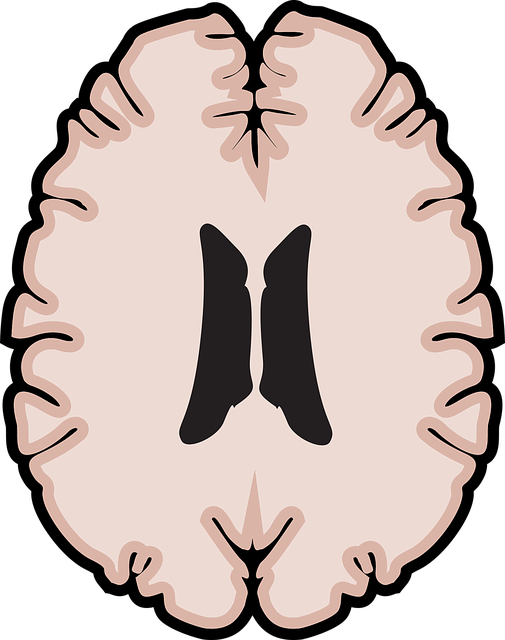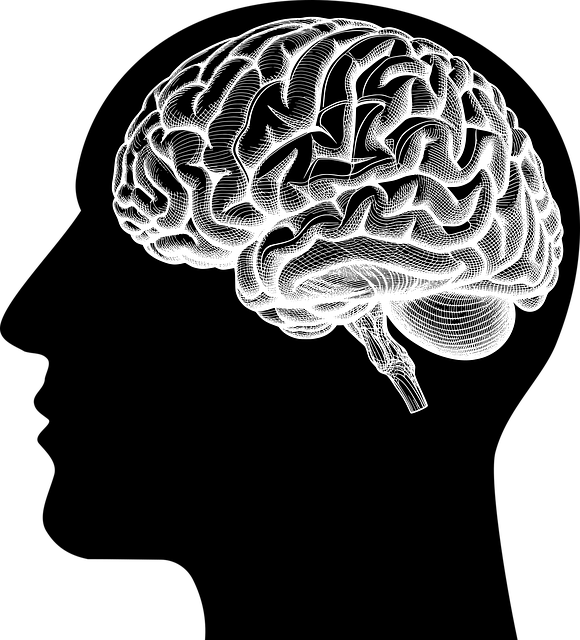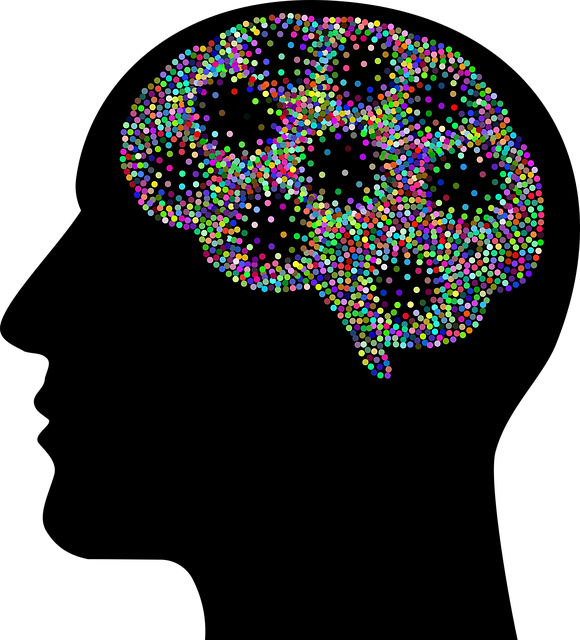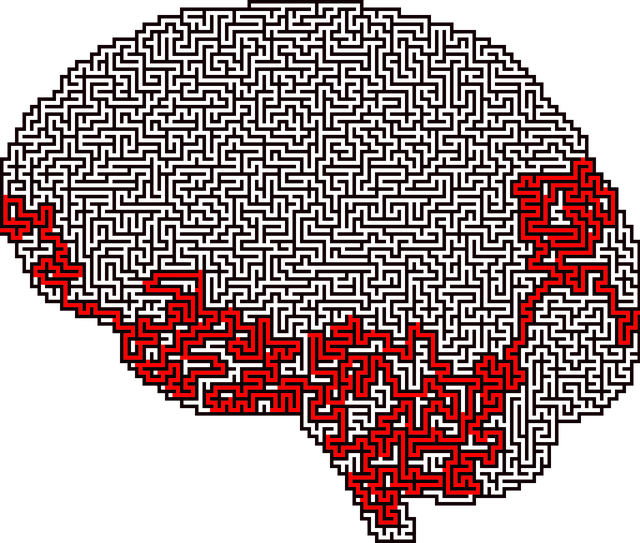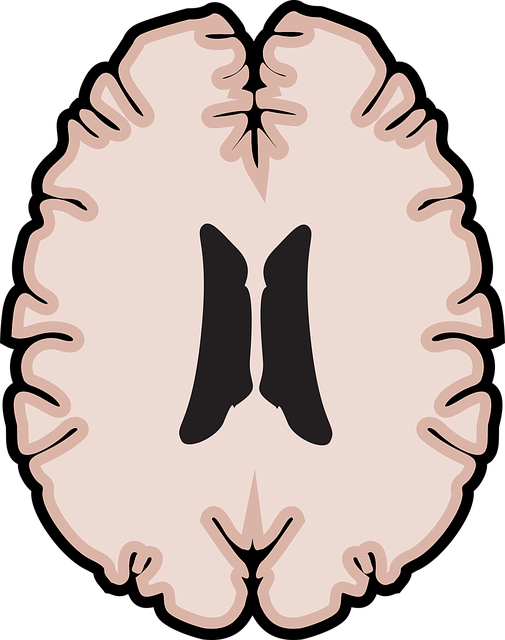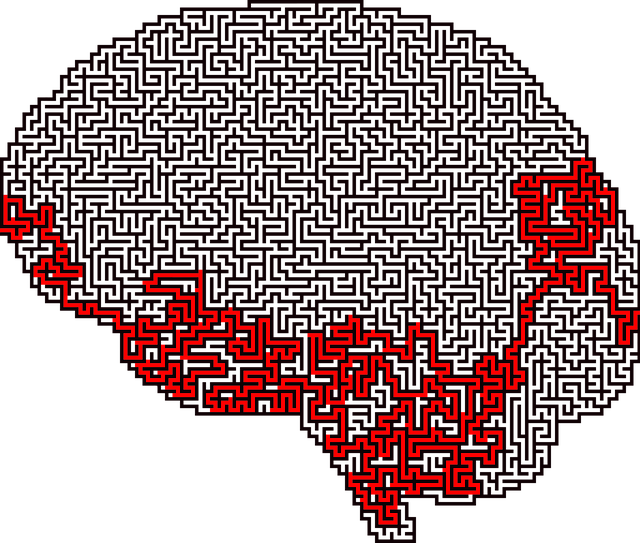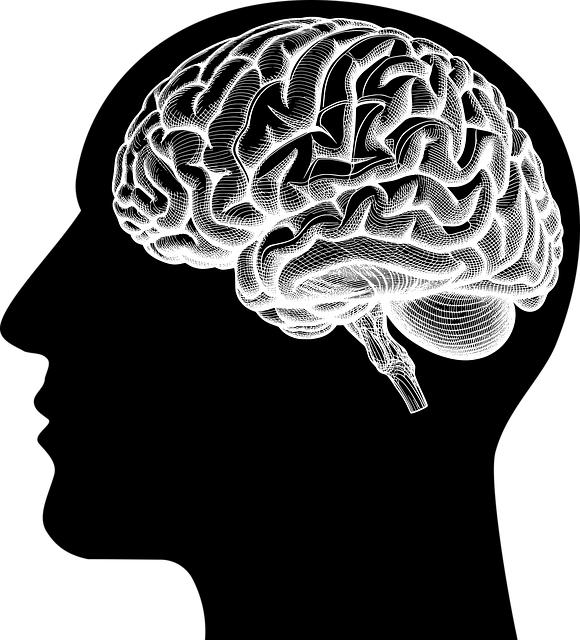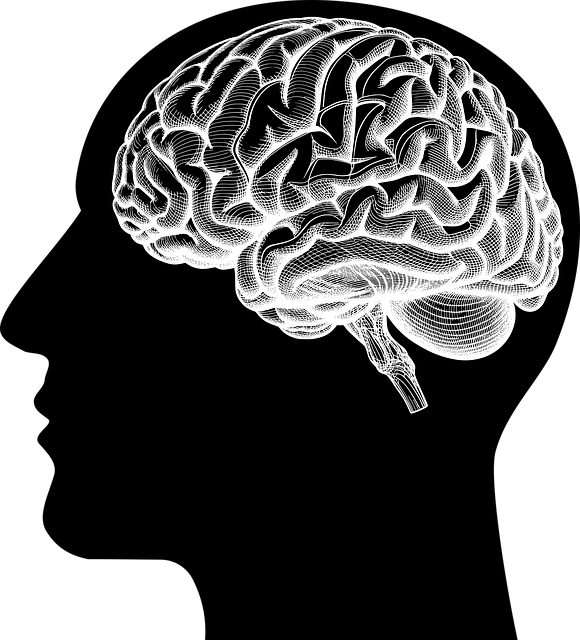Westminster Self-Esteem Therapy provides a personalized, holistic approach to healing from loss, grief, and bereavement, recognizing each individual's unique experience. Through evidence-based practices and active listening, therapists guide clients towards emotional resilience, healthy coping mechanisms, and stress reduction techniques. The therapy offers a safe space to process complex emotions without judgment, empowering individuals to navigate their grief healthily, integrate their loss into their lives, and ultimately thrive. Beyond the therapy room, Westminster Self-Esteem Therapy supports community healing through outreach programs and provides resources for mental health education and burnout prevention for healthcare providers.
Loss, grief, and bereavement are universal experiences that can profoundly impact our emotional well-being. This article explores a holistic approach to understanding and navigating these complex processes, emphasizing the crucial role of counseling in managing intense emotions. We delve into effective therapeutic strategies, including Westminster Self-Esteem Therapy, which focuses on building resilience and healing. Additionally, we address common barriers to seeking help and provide practical self-care tips for those dealing with loss.
- Understanding Loss, Grief, and Bereavement: A Holistic Approach
- The Role of Counseling in Navigating Emotional Challenges
- Westminster Self-Esteem Therapy: Unlocking Resilience and Healing
- Common Barriers to Seeking Help and How to Overcome Them
- Practical Strategies for Self-Care and Supportive Relationships
Understanding Loss, Grief, and Bereavement: A Holistic Approach

Understanding loss, grief, and bereavement is a complex journey that requires a holistic approach. It involves acknowledging not just the physical departure of a loved one but also the profound emotional and psychological impact it has on individuals. Westminster Self-Esteem Therapy recognizes that each person’s experience with loss is unique, shaped by personal history, cultural background, and individual coping mechanisms.
Through this comprehensive understanding, counselors employ techniques aimed at promoting emotional well-being, fostering inner strength development, and providing anxiety relief during what can be a tumultuous period. The goal is not to rush the healing process but to support individuals in navigating their grief, helping them find healthy ways to remember, process, and ultimately integrate their loss into their lives while continuing to thrive.
The Role of Counseling in Navigating Emotional Challenges

Counseling plays a pivotal role in helping individuals navigate the complex emotional landscape of loss, grief, and bereavement. It provides a safe and non-judgmental space for people to process their feelings, whether it’s intense sadness, anger, or confusion. Through active listening and evidence-based techniques, trained therapists at Westminster Self-Esteem Therapy assist clients in understanding and managing their emotions during this challenging period.
This support is crucial as it empowers individuals to develop healthy coping mechanisms, such as stress reduction methods and effective mood management strategies. By addressing underlying issues and providing tools for emotional resilience, counseling can help people begin to heal and find a sense of peace amidst the chaos of bereavement.
Westminster Self-Esteem Therapy: Unlocking Resilience and Healing

Westminster Self-Esteem Therapy offers a unique approach to addressing loss, grief, and bereavement. By focusing on building resilience, this therapeutic practice helps individuals navigate their emotions and heal in a supportive environment. The therapy sessions are designed to unlock hidden strengths, fostering a sense of empowerment as clients confront their sorrow and find healthy coping mechanisms.
Through tailored strategies, Westminster Self-Esteem Therapy aids in managing anxiety relief associated with grief, enabling individuals to gradually regain control of their lives. The practice’s commitment to community outreach extends beyond the therapy room, implementing programs that connect bereaved individuals, fostering a support network that understands their unique journey. This holistic approach ensures that healing becomes a collaborative process, where resilience is built collectively, offering comfort and strength in shared experiences.
Common Barriers to Seeking Help and How to Overcome Them

Many individuals facing loss, grief, or bereavement often hesitate to seek counseling due to various barriers. One significant obstacle is the perception that seeking help is a sign of weakness. However, it’s essential to understand that reaching out for support is an act of courage and self-care, especially during difficult times. At Westminster Self-Esteem Therapy, we emphasize that everyone’s journey with grief is unique, and there’s no one-size-fits-all approach to healing.
Overcoming these barriers starts with recognizing the impact of unprocessed grief. Bottling up emotions can lead to prolonged sorrow, anxiety, or even physical health issues. Through mental health education programs designed for effective counseling, individuals learn coping mechanisms and mood management strategies. Healthcare providers, in particular, can benefit from burnout prevention strategies, ensuring they prioritize their well-being while supporting others through the grieving process. By addressing these challenges head-on, one can take the first step towards healing and find comfort in navigating life’s transitions with professional guidance.
Practical Strategies for Self-Care and Supportive Relationships

Grief is a deeply personal process, but there are practical strategies individuals can employ to navigate this challenging phase more effectively. One of the cornerstones of self-care during bereavement is cultivating a supportive network. Reach out to trusted friends and family members who can offer an ear, provide comfort, or simply be present. Sharing one’s feelings with others can help alleviate the burden of grief and foster healing. Additionally, seeking professional guidance, such as that offered by Westminster Self-Esteem Therapy, proves invaluable. Therapists equipped with crisis intervention skills can assist individuals in processing their emotions, developing coping mechanisms, and enhancing resilience.
Encouraging a consistent self-care routine is another effective approach to managing grief. This might include regular exercise, mindfulness practices, or engaging in creative outlets. Establishing a structured routine not only promotes better mental health but also serves as a sense of normalcy during tumultuous times. Furthermore, risk assessment is crucial for mental health professionals working with grieving individuals. By understanding potential risks and triggers, they can provide tailored support, ensuring safety and effective care. Self-care routines and supportive relationships are powerful tools that empower individuals to manage grief and gradually find peace and healing.
In navigating the complex landscape of loss, grief, and bereavement, seeking professional support through counseling can be a transformative game changer. By understanding these emotions holistically, as Westminster Self-Esteem Therapy does, individuals can unlock resilience and begin their healing journey. Overcoming barriers to seeking help is crucial, as are practical strategies for self-care and nurturing supportive relationships. Remember that healing is possible with the right support, and taking that first step towards counseling can lead to a brighter, more resilient future.


